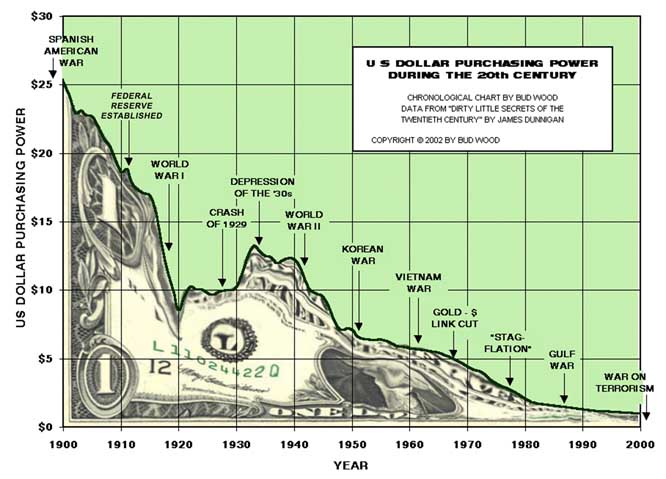
Aug. 29 (Bloomberg) -- Integrity Bank of Alpharetta, Georgia, was closed by U.S. regulators today, the 10th bank to collapse this year amid a surge in soured real-estate loans stemming from the worst housing slump since the Great Depression.
Integrity Bank, with $1.1 billion in assets and $974 million in deposits, was shuttered by the Georgia Department of Banking and Finance and the Federal Deposit Insurance Corp. Regions Financial Corp., Alabama's biggest bank, will assume all deposits from Integrity, which was run by Integrity Bancshares Inc. The failed bank's five offices will open on Sept. 2 as branches of Regions, the FDIC said.
``Depositors will continue to be insured with Regions Bank so there is no need for customers to change their banking relationship to retain their deposit insurance,'' the FDIC said.
Banks are being closed at the fastest pace in 14 years as financial companies report more than $505 billion in writedowns and credit losses since 2007. California lender IndyMac Bancorp Inc., which had $32 billion in assets, was closed July 11 in the third-largest bank seizure, contributing to a 14 percent drop in the U.S. deposit insurance fund that had $45.2 billion at the end of the in the second quarter.
Regions will buy about $34.4 million in assets and will pay the FDIC a premium of 1.01 percent to assume the failed bank's deposits, the FDIC said. The FDIC estimates the cost of the Integrity failure to its deposit-insurance fund will be $250 million to $300 million.
Told to Raise Capital
Integrity was ordered by federal and state regulators in May to present a capital-raising plan within 60 days. At the time, the company had been trying without success for at least eight months to raise $40 million after loans to residential and commercial developers were hurt by the collapse of the real estate market.
``Banks must meet certain regulatory minimums to ensure safety and soundness,'' Georgia bank commissioner Rob Braswell said in a telephone interview. ``When those minimums are not able to be met and solvency is in jeopardy, we have no choice but to close the institution and to place it into receivership.''
Integrity Bancshares, which sold for more than $14 a share in January 2007, closed today at 4 cents in over-the-counter trading.
The FDIC insures deposits of up to $100,000 per depositor per bank, and up to $250,000 for some retirement accounts at 8,451 institutions with $13.3 trillion in assets.
`Problem' Banks
The FDIC this week said 117 banks are classified as ``problem'' in the second quarter, a 30 percent jump from the first quarter. The agency doesn't identify ``problem'' lenders.
``More banks will come on the list as credit problems worsen,'' FDIC Chairman Sheila Bair said at an Aug. 26 Washington news conference.
The credit market turmoil may topple some of the nation's biggest banks, Kenneth Rogoff, former chief economist at the International Monetary Fund, said in Singapore Aug. 19.
``Like any shrinking industries, we are going to see the exit of some major players,'' Rogoff told Bloomberg, declining to name the banks he expects to fail. ``We're really going to see a consolidation even among the major investment banks.''
Before today's action, the FDIC had closed 36 banks since October 2000, according to a list at fdic.gov. The U.S. shut 11 banks in 2002, the highest in the period. In 1994 the government had closed a dozen institutions by the end of August.
U.S. regulators this year also closed Columbian Bank and Trust of Topeka, Kansas, on Aug. 22; First Priority Bank of Bradenton, Florida, on Aug. 1; Reno-based First National Bank of Nevada and Newport Beach, California-based First Heritage Bank in July; Staples, Minnesota-based First Integrity Bank and ANB Financial in Bentonville, Arkansas, in May; Hume Bank in Hume, Missouri, in March; and Douglass National Bank in Kansas City, Missouri, in January.
To contact the reporters on this story: Alison Vekshin in Washington at avekshin@bloomberg.net; Ari Levy in San Francisco at alevy5@bloomberg.net




